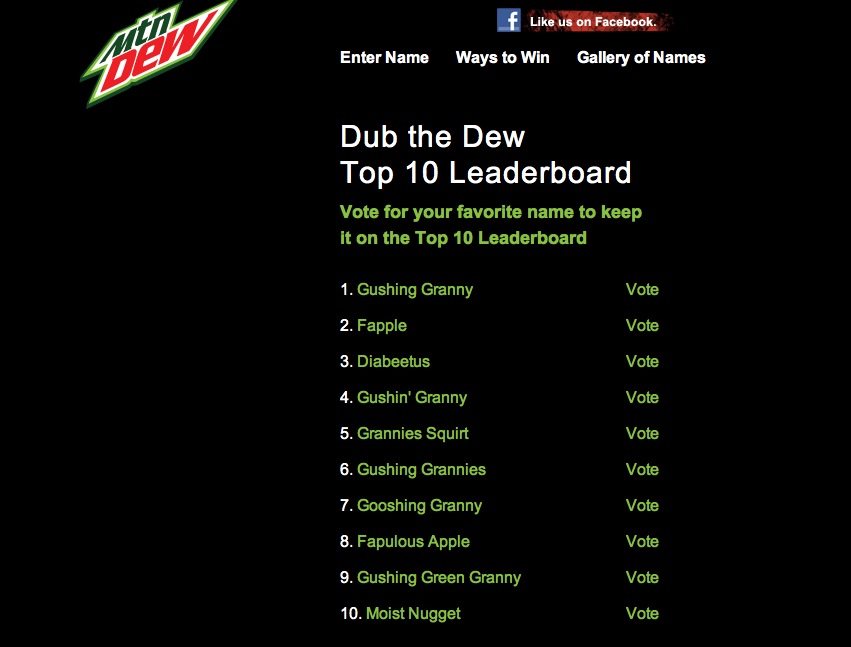For myself, of course. If I didn’t enjoy a task I wouldn’t do it (exception: cleaning house).
However, there’s something to be said for the power of the ego-stroke. If nobody tells you how much they enjoy reading your work and that they can’t wait for the next book, it can kill ambition just as surely as a lack of recognition at the office can affect your performance and engagement. For those of us not immune to the opinions of our fans and the general public, I believe that we write for ourselves and for others – fulfillment lies within the balance of delight in the process and the creation of something for others to enjoy. Like a gardener, we enjoy the planting season, but the warm fuzzies come from the family enjoying the fruits (and vegetables) of our labour.
Friend and fellow writer Carol Anne Shaw (of Hannah series fame) tagged me last week to pen a ‘Why I Write’ post. It’s easy for artists to forget, on occasion, that our process appears fascinating from the outside. I’ll skip the ‘silent anguish of staring at a computer screen’ part and talk about the things I like about writing:
WHAT ARE YOU WORKING ON?
Other than a couple of queries for a short story called The Winter Wife and my science fiction manuscript Chasing Lucifer, I’m currently focused on the sequel to Crystal Promise … which is, at the moment, untitled. We jokingly refer to it at my writing group as Crystal Something. I had a fleeting idea about holding a contest to name the book, but we all know how that goes.
Since I’m not a fan of book II being dubbed “Crystal Meth”, I think I’ll wait until inspiration strikes before naming it.
Getting back on topic, the sequel picks up exactly where Book I of The Shattered Crystal series leaves off – in a steampunk-esque world reminiscent of depression-era Europe, the fallout of a series of arranged marriages has far-flung effects, further driving youths Timori, Crystara, Racquela and Jacoby into pandemonium. They find themselves at the mercy of the political schemes of friends, lovers, lower-caste led parties and a powerful church. The fabric of the nation of Novem, much like its centre of power, the Great Crystal, threatens to shatter. As ancient secrets about the truth of the crystals themselves comes to light, a new power may well come to rise.
HOW DOES YOUR WORK DIFFER FROM OTHERS OF ITS GENRE?
I’ve always believed in the power of a character-driven story. While there is a fantasy element to The Shattered Crystal series, I was inspired by the historical events of early to mid-twentieth century Europe, as well as the kind of events that transpire in every teenaged romantic relationship. Instead of writing straight-up historical fiction or (so hot right now) urban fantasy YA, I went for a mash-up somewhere in the middle.
I’ve been told by fans that my characters are realistic and easy to relate to, and that the setting doesn’t seem outlandish or contrived. But don’t take my word for it.
WHY DO YOU WRITE WHAT YOU DO?
One could wax philosophical for quite some time about why artists ‘art’, but for writers I believe that we’re often drawn to whichever genre we prefer to read, and our work is peppered liberally with our unique set of interests. I love history, but I also love speculation … a “what-if” version of events is more exciting to me than working strictly through the lens of “what was and what is”. What if WW1 and WW2 had gone differently? What if the earth contained an alternate energy source that had been used since ancient times, pushing back the discovery of oil and electricity? What if you threw a bunch of teenagers into this world and see how they react to it all? Boom. Crystal Promise.
The original manuscript was written for a novel-writing contest (some of you may have heard this tale before…) and there were a few themes that I was very interested in exploring. As writers we tend to put a lot of ourselves into our work in some form or another, and given where I was at the time, the tribulations of young love needed to be examined. I wanted to express how messed up real relationships are – not just passionate, but complex and challenging and sometimes explosive. It’s cathartic, too, writing about what you know – it allows you to look at a familiar theme from an outsider’s perspective.
HOW DOES YOUR WRITING PROCESS WORK?
I think of my writing process as “linear and organic”. To elaborate, I tend to write from beginning to end (very unorthodox, I know), and I work under a fairly loose framework. That is to say, I don’t make a firm decision about major choices the characters are confronted with until the very moment in question. In allowing a character to react ‘organically’ to a situation, they often surprise me. I believe that this, in turn, allows the reader to more often be surprised by these choices as well, and makes for a “true-to-life”, character-driven story.
Up next I’m tagging Wanda S. Paryla, author of Someday Always Comes
…and stay tuned for a sneak preview of the sequel later this week!


Leave a Reply